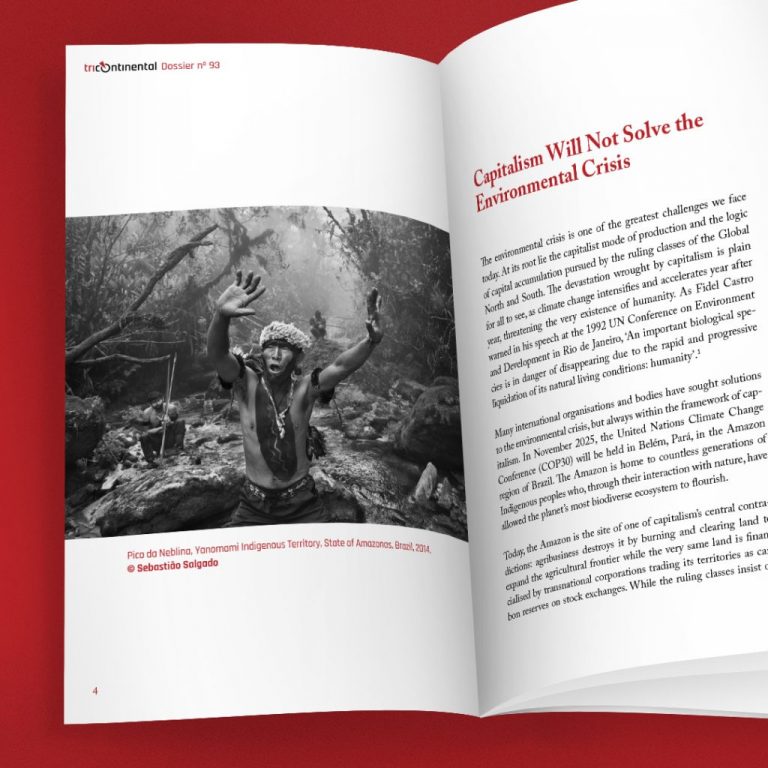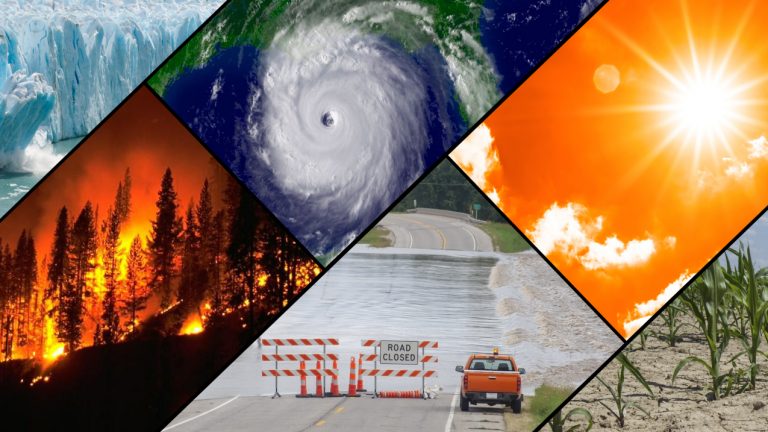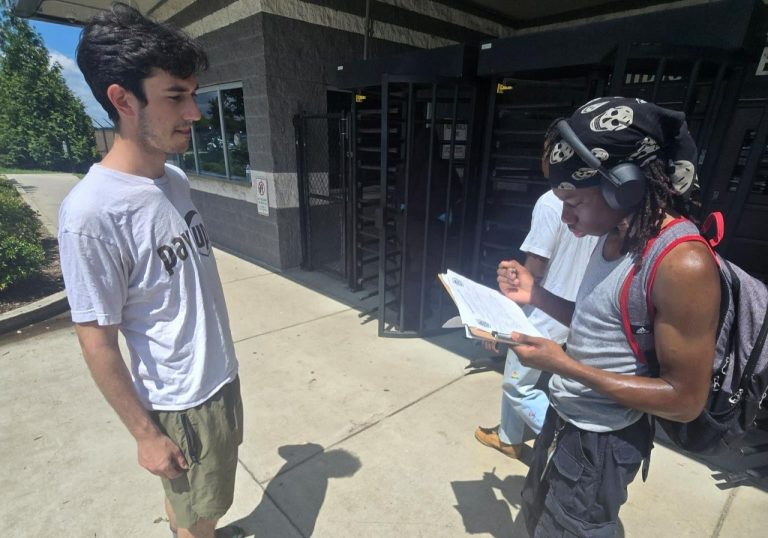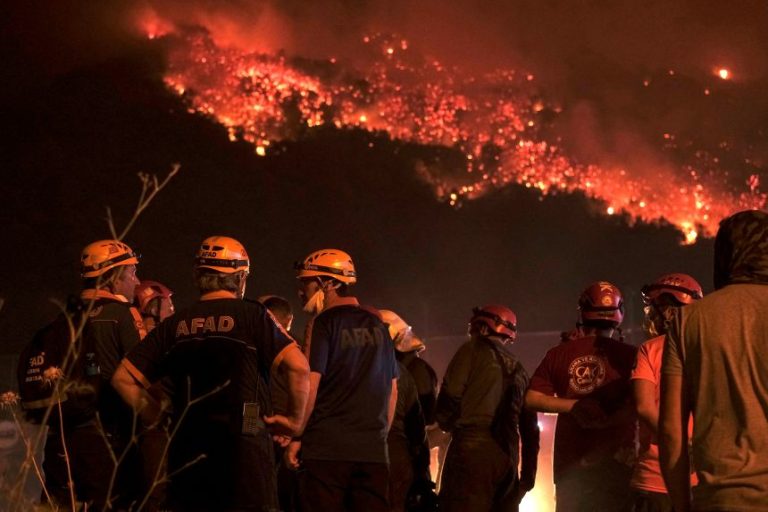Climate Change Sets Workers’ Feet On Fire
This summer, there were days in tropical cities when it was unbearable to walk out in the sunlight. In Mango, Togo, for instance, the temperature soared to 44°C in March and April. Heat maps depict a world on fire, red hot flames licking the planet from the equator outwards. If the air temperature is around 44°C, then the temperature of asphalt and concrete surfaces can exceed 60°C. Since second-degree burns occur in less than five seconds at 60°C, those exposed to that heat are liable to burn their skin. Walking the streets of these burning cities is hard enough with shoes – imagine what it must be like for the millions of people who lack appropriate footwear but must work outdoors during the hottest parts of the day.















